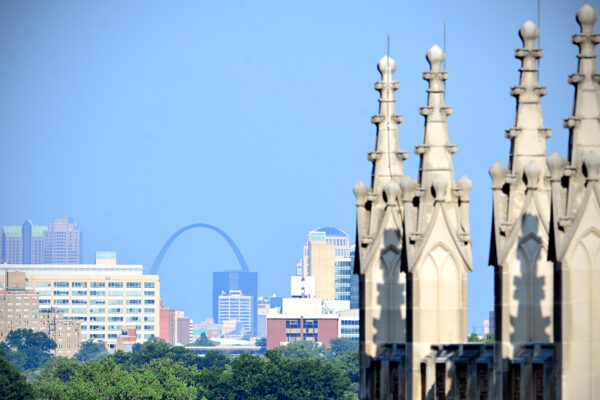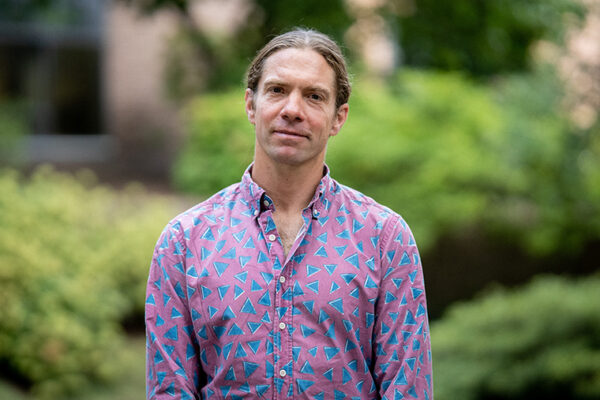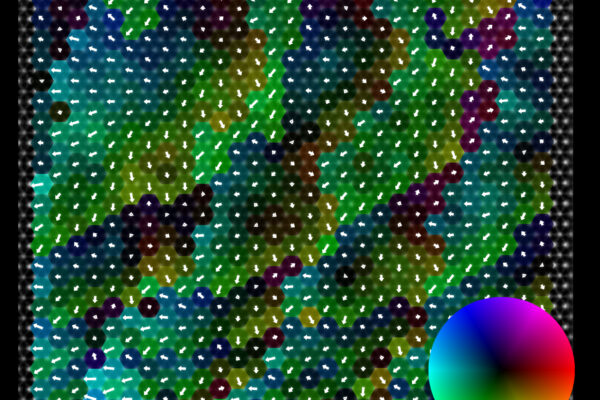As part of the Center for Quantum Leaps, a signature initiative of the Arts & Sciences strategic plan, physicist Kater Murch and his research group use nano-fabrication techniques to construct superconducting quantum circuits that allow them to probe fundamental questions in quantum mechanics. Qubits are promising systems for realizing quantum schemes for computation, simulation and data encryption.
Murch and his collaborators published a new paper in Physical Review Letters that explores the effects of memory in quantum systems and ultimately offers a novel solution to decoherence, one of the primary problems facing quantum technologies.
“Our work shows that there’s a new way to prevent decoherence from corrupting quantum entanglement,” said Murch, the Charles M. Hohenberg Professor of Physics at Washington University in St. Louis. “We can use dissipation to prevent entanglement from leaving our qubits in the first place.”
View the team’s illustrated video about their research findings:
Learn more about WashU’s quantum research in the Ampersand magazine.


